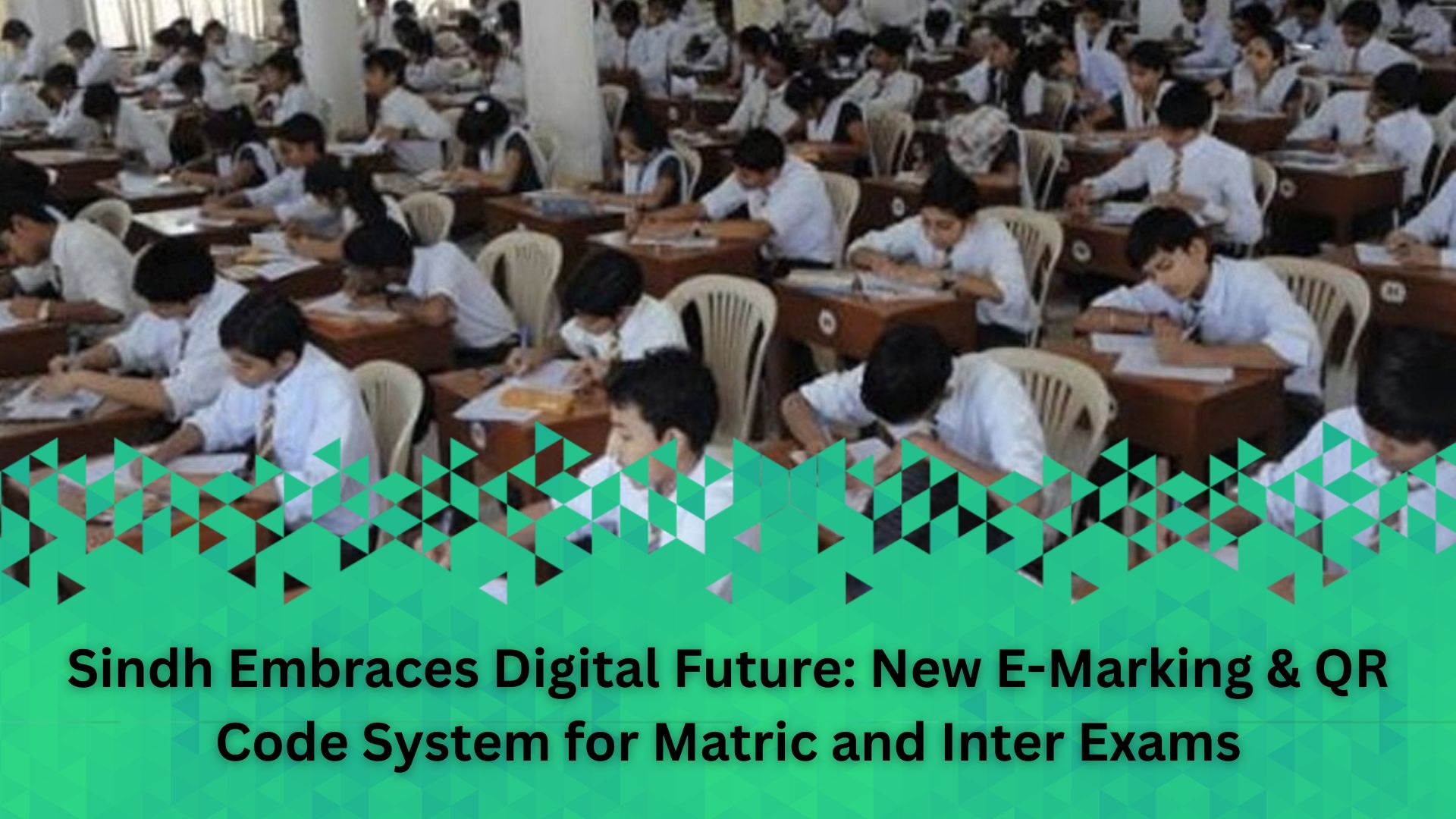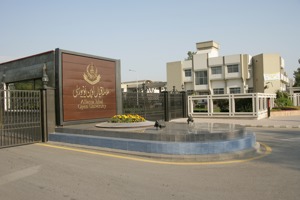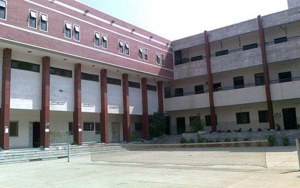
Sindh Embraces Digital Future: New E-Marking & QR Code System for Matric and Inter Exams
In a landmark move set to revolutionize the educational landscape, all educational boards in Sindh are poised to implement a state-of-the-art smart exam system for Matriculation and Intermediate levels . The initiative, centered on advanced e-marking and QR code technology, marks a decisive shift from traditional paper-based assessment towards a fully digital, transparent, and efficient examination process for millions of students.
The official inauguration of this ambitious e-marking system is scheduled for December 4 in Karachi . The event will witness the participation of heads of 29 educational boards from across Pakistan, alongside key officials from the Inter-Board Committee of Chairmen (IBCC), underscoring the national significance of Sindh's digital leap.
Federal Collaboration and Software Support
Driving this transformation is a robust collaboration with the Federal Board of Intermediate and Secondary Education (FBISE). The Federal Board will provide Sindh’s boards with a comprehensive software package essential for the new system. This package includes specialized software for digital marking (e-marking), high-speed scanning, barcoding, QR code generation, and updated digital marking criteria.
To ensure a structured and successful rollout, the Sindh government has formally established a high-level oversight body. Notified by Abbas Baloch, Secretary of the Department of Universities and Boards , the committee is titled the "Digitization and Technology Implementation in Education Boards."
A High-Level Committee to Steer the Digital Transition
This committee is tasked with supervising the entire implementation process, from initial training to the full-scale deployment of the system in the 2026 examination cycle. The committee comprises key stakeholders in Sindh's education sector, including the chairmen of the:
-
Board of Intermediate Education, Karachi (BIEK)
-
Board of Intermediate and Secondary Education, Shaheed Benazirabad (BISESBA)
-
Board of Intermediate and Secondary Education, Sukkur (BISES)
Fakir Muhammad Lakho , Chairman of the Karachi Intermediate Board, will serve as the convener of this pivotal committee. Speaking to The Express Tribune , Lakho highlighted the persuasive efforts of the Sindh boards in securing federal support.
“We successfully made the case to the federal government that if it can finance PhD scholarships for students across the country, it can also support us in establishing this crucial e-marking mechanism,” Lakho stated. “This is an investment in fairness and modernizing our educational infrastructure.”
Phased Rollout: Starting with Pre-Medical and Pre-Engineering in 2026
The new smart exam system will be introduced in a phased manner, with its first application in the 2026 annual Intermediate examinations . The initial phase will focus on the high-stakes pre-engineering and pre-medical streams.
Under this system, each individual exam paper will be affixed with a unique QR code . This code will allow for seamless digital tracking and processing. After exams are completed, the answer scripts will be scanned, and the digital copies will be distributed to examiners for marking.
A cornerstone of this new approach is segmented marking . Instead of a single teacher evaluating an entire answer script, different questions or sections of the same paper will be assigned to multiple teachers. This means no single examiner will have the authority to mark more than one question from a given paper.
Key Benefits: Transparency, Accuracy, and Fraud Prevention
This methodological shift is designed to directly address long-standing concerns about the examination process:
-
Enhanced Transparency: The entire marking process becomes traceable and auditable.
-
Improved Accuracy: Segmented marking reduces fatigue and human error, leading to more consistent and accurate scoring.
-
Elimination of Biased Marking: By preventing any one examiner from viewing a student's entire paper, the system effectively curbs the potential for favoritism or biased marking.
-
Reduced Fraud: The QR code and barcoding system makes it extremely difficult to tamper with or replace answer scripts, significantly enhancing the security and integrity of the examinations.

A Comprehensive Digital Ecosystem for Education
The committee's mandate extends beyond just e-marking. It will also coordinate with the IBCC to implement integrated systems for online student enrolment, digital result processing, and electronic certificate verification . This holistic approach aims to create a seamless digital ecosystem, reducing administrative delays and making official documents more accessible and verifiable.
Dr. Ghulam Ali Mallah, Executive Director of the IBCC , confirmed the next steps. He announced that dedicated teams from Sindh’s educational boards will attend specialized training sessions in Islamabad next week. Following the training, the IBCC will provide the necessary software to kickstart the digitization process on the ground.
The introduction of this smart exam system represents the most significant overhaul of Sindh's assessment mechanism in decades. By leveraging technology, the provincial education authorities are taking a monumental step towards restoring full public confidence in the examination system, ensuring that the academic achievements of millions of students are evaluated with unparalleled fairness and precision.


.jpg)
 (1).jpg)












